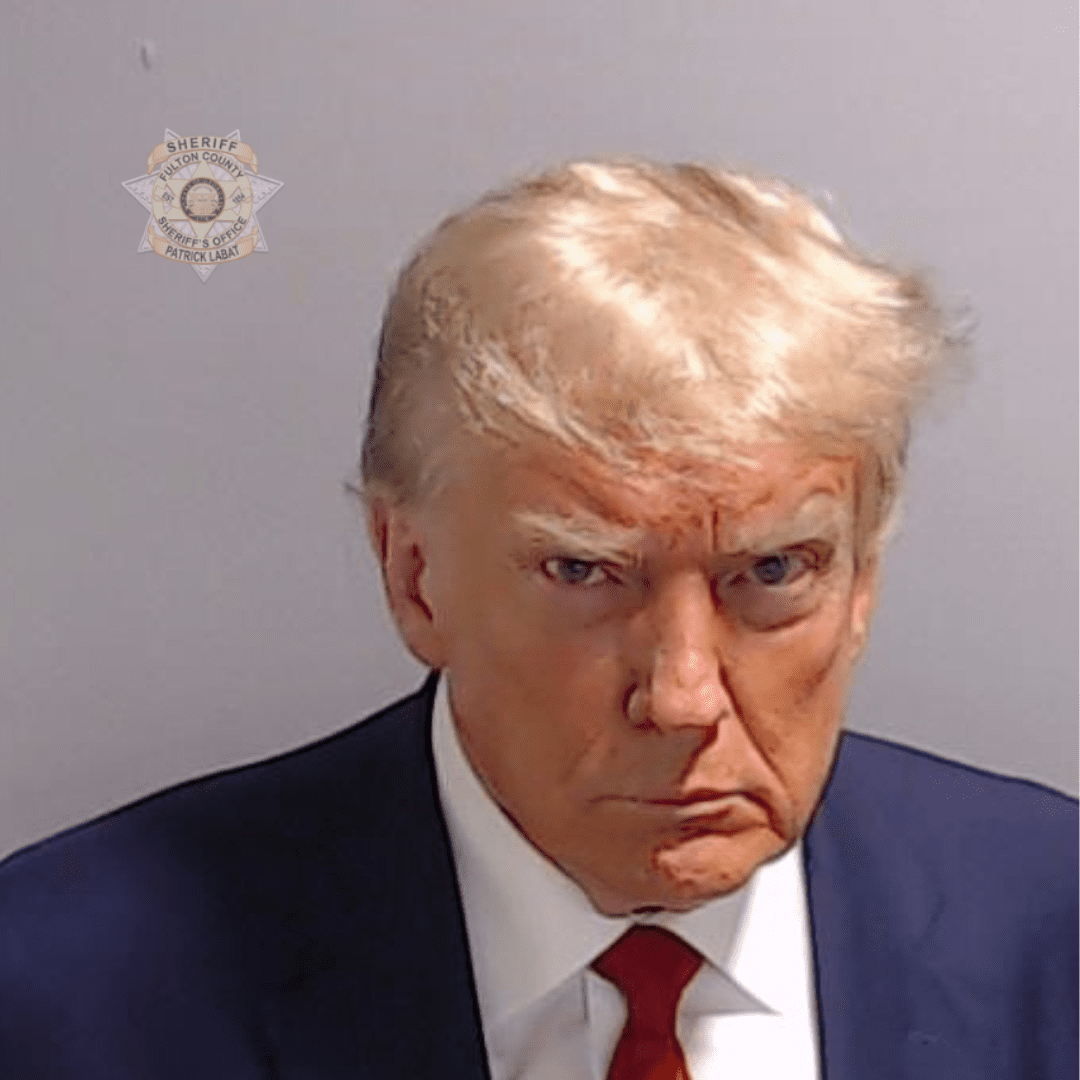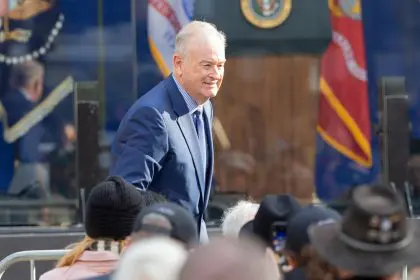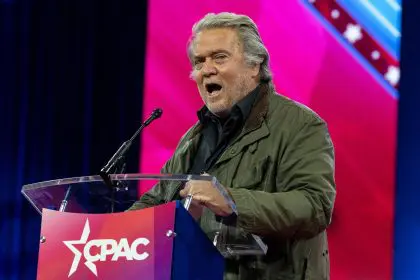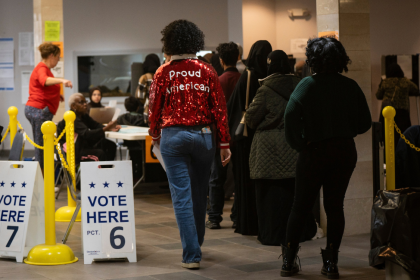Former President Donald Trump’s celebrity status and complicated relationship with both hip-hop culture and the larger Black community have long been sources of fascination and controversy. Once a name frequently dropped in rap lyrics as a symbol of wealth and success, Trump’s political rise and divisive rhetoric have dramatically shifted perceptions, particularly among Black Americans.
Celebrity, influence and leniency
Trump’s high-profile celebrity has not only influenced popular culture but has also seemingly impacted how he is treated within the legal system. New York State Supreme Court Justice Juan Merchan’s recent decision to postpone Trump’s sentencing has sparked outrage, with many pointing out the disparity between how wealthy, high-profile figures like Trump are treated compared to ordinary Black Americans, who often face harsher consequences, said The Root.
If a Black celebrity or hip-hop artist — embroiled in legal troubles — insulted prosecutors and judges publicly and then requested a delay in sentencing due to political ambitions, that person wouldn’t get away with such behavior, let alone such maneuvering, The Root continued. The leniency afforded to Trump starkly contrasts with the realities faced by many Black Americans, where race, privilege and wealth often shield the powerful from accountability.
Trump’s complicated relationship with the Black community and hip-hop
Trump’s journey from hip-hop icon to a polarizing political figure has created a complicated legacy. While once admired by some for his business acumen, he has also displayed his racism toward Black people, from the housing discrimination he and his father exercised against Black renters to his infamous full-page ad in the New York Times demanding that the young men who were allegedly involved in the sexual assault of the Central Park Jogger be executed. When former president Barack Obama led the country, Trump was the most famous advocate of the birtherism conspiracy, according to ABC News and The Atlantic. However, some hip-hop artists, like Sexxy Red, advocate for the former president.
Trump’s presidency and alignment with policies perceived as harmful to marginalized communities have alienated many in the Black community. This dichotomy between Trump’s early admiration in hip-hop and his political persona continues to shape his public image and influence within Black culture.
Project 2025 and anti-DEI efforts
Beyond his legal troubles, Trump’s influence extends to his potential return to power, particularly through initiatives like Project 2025. This plan — backed by conservative groups — seeks to reshape the federal government, including efforts to dismantle diversity, equity and inclusion, or DEI, initiatives within the Department of Justice, or DOJ. Critics argue that this move could reverse decades of progress in promoting racial equity and fair treatment under the law.
Project 2025 reflects the broader ideological battles that have marked Trump’s political career. The initiative’s focus on dismantling DEI programs at the DOJ raises concerns about the future of civil rights protections and equal justice, particularly for Black Americans and other marginalized communities.
Judicial decisions and systemic bias
The decision by Justice Merchan to delay Trump’s sentencing until after the election only deepens the cynicism felt by many Black Americans regarding the justice system. The perception that Trump’s political status affords him special treatment exacerbates concerns that the system is rigged in favor of the wealthy and powerful, further alienating those who already feel marginalized.
A celebrity’s shadow over justice
Trump’s ongoing influence, both as a celebrity and a political figure, continues to cast a long shadow over the justice system and its treatment of marginalized communities. The intersection of his fame, complicated history with hip-hop and the Black community and his potential role in reshaping government policy — particularly through initiatives like Project 2025 — underscores the profound impact of his legacy. As the justice system grapples with these challenges, the call for equal treatment under the law remains more urgent than ever.















